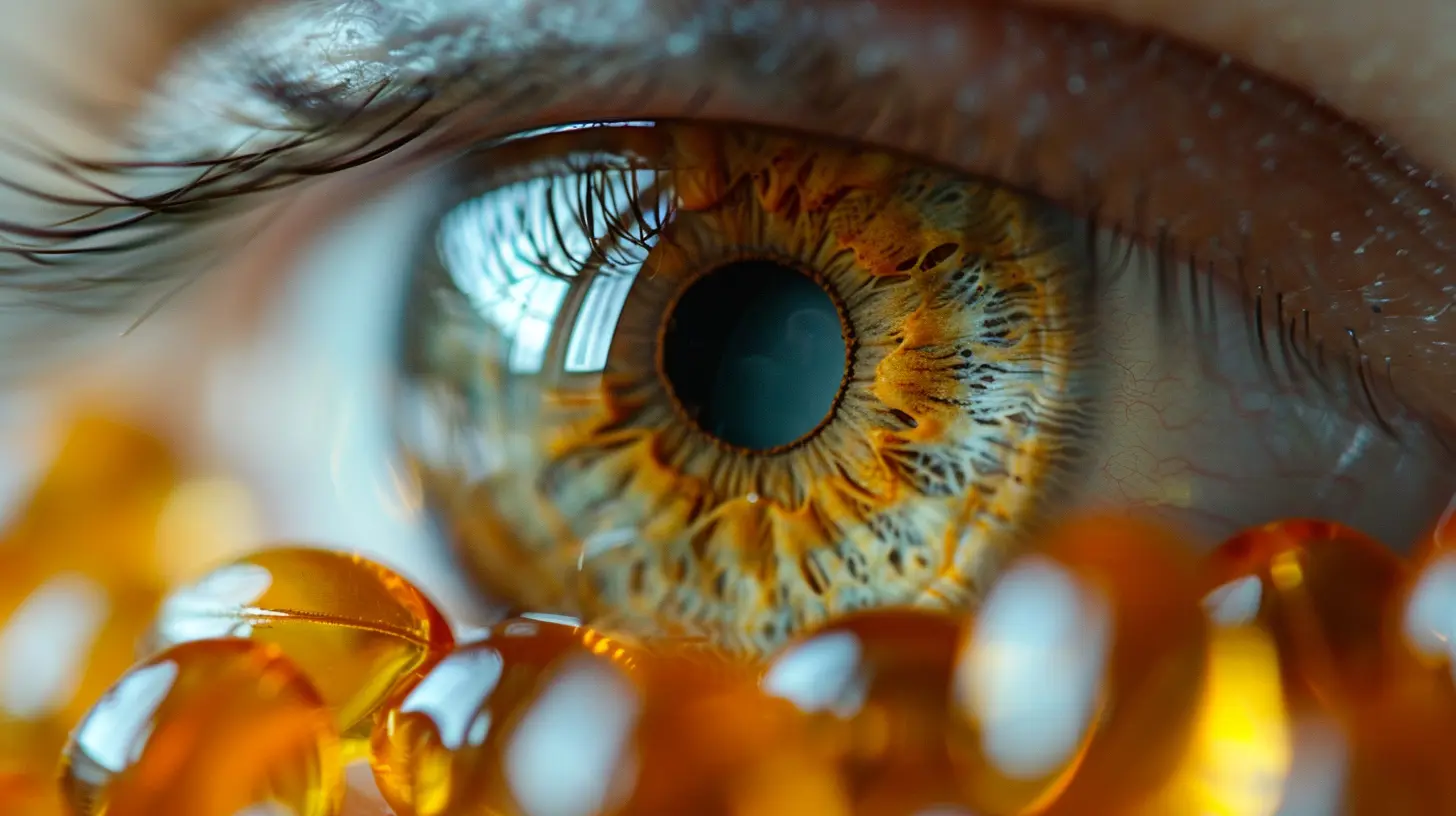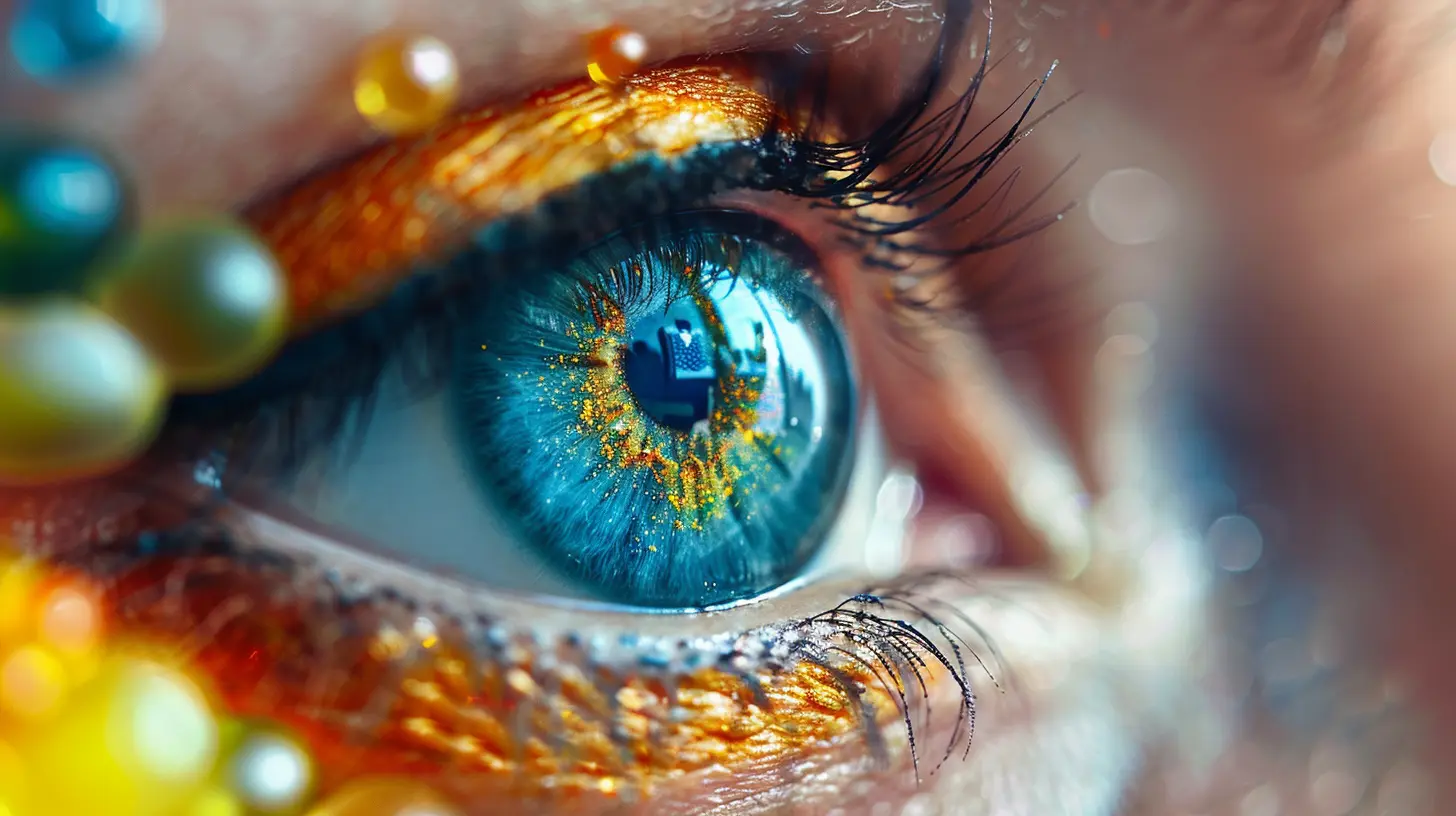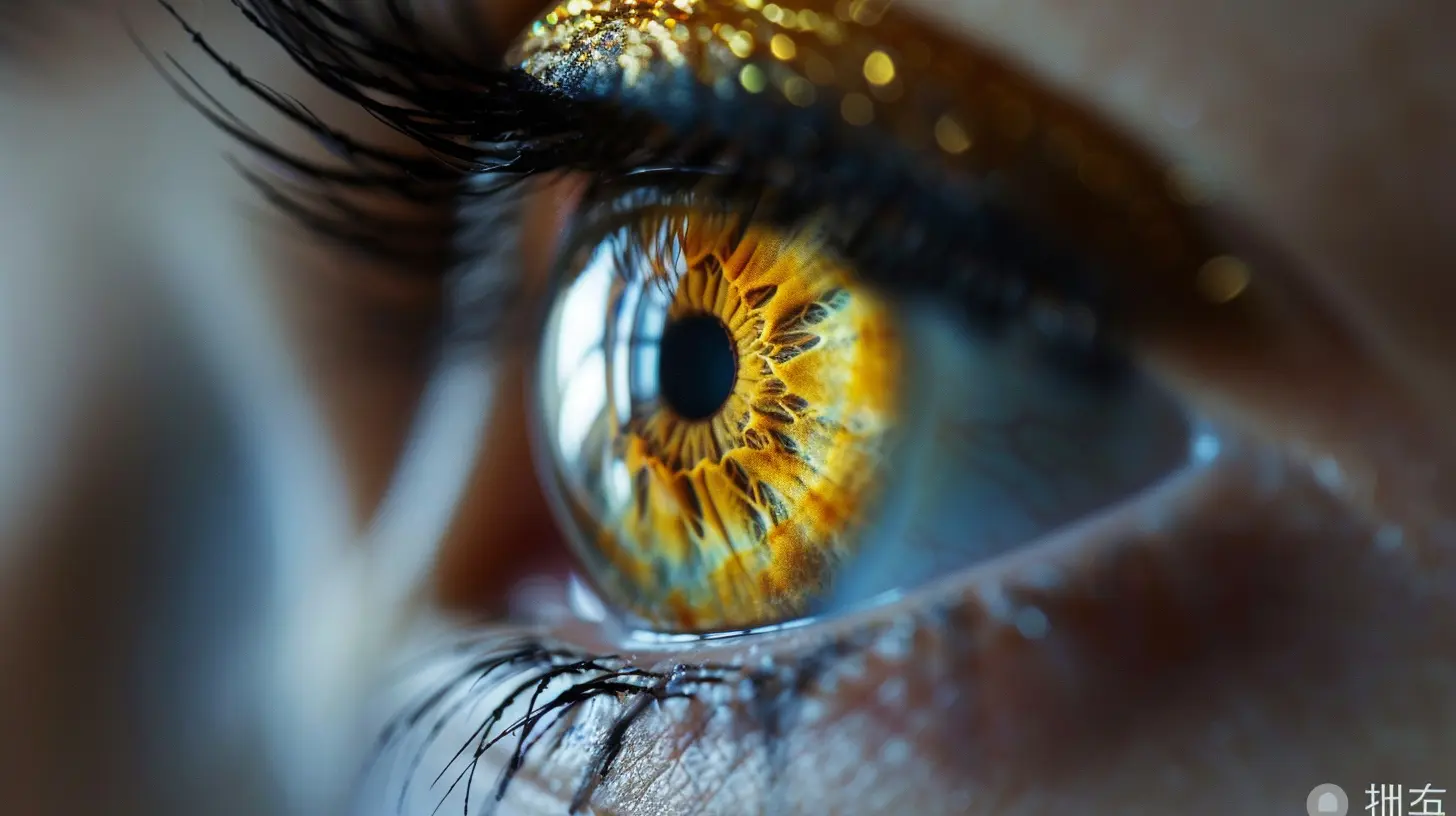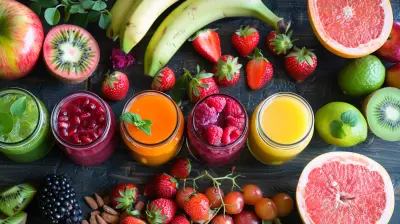How Vitamin A Can Help Reduce the Risk of Night Blindness
19 November 2025
Have you ever stumbled around in a dim room, trying to find the light switch or tripped over a chair during a midnight trip to the bathroom? Now imagine what it’s like when your eyes just don’t adjust well to the dark—no matter what you do. That’s what people with night blindness experience regularly. It’s not just about difficulty seeing at night; it can truly affect safety, independence, and quality of life. But here’s the good news: something as simple as getting enough Vitamin A could make all the difference.
Let’s dive into how this mighty vitamin plays a crucial role in protecting your vision, especially when the sun goes down.
What Is Night Blindness Anyway?
Before we talk about the hero (Vitamin A), let’s understand the villain—night blindness, medically known as nyctalopia. It’s not a disease by itself but a symptom of an underlying problem, usually related to how the eyes respond to low light.People with night blindness struggle to see in dim lighting or after moving from a bright to a dark setting. Driving at night? Watching a movie in a dark cinema? Simply walking outside in the evening? All of it becomes a major challenge.
Now, several things can cause night blindness, like cataracts, diabetes, or even certain genetic disorders. But one of the most common causes worldwide is—you guessed it—Vitamin A deficiency.
Why Vitamin A Is Vital for Your Vision
Picture this: your eyes are like cameras. They rely on sensors (retina) to capture images. For these "sensors" to work properly, they need a special chemical called rhodopsin. Here’s where Vitamin A enters the scene.Vitamin A helps produce rhodopsin, which is found in the retina and is essential for seeing in low-light conditions. Without enough Vitamin A, your body just can't make enough rhodopsin. The result? Your retina doesn’t pick up on light signals as efficiently, and your night vision suffers big time.
How This Works in Simple Terms
Let’s break it down. Think of rhodopsin as night-vision goggles. Without Vitamin A, your eyes are basically stuck squinting in the dark without any help. So, making sure you have enough of it is like charging up your vision batteries for the dark.
How Common Is Vitamin A Deficiency?
You might be thinking, "Well, I'm not living in a developing country, so I’m probably fine." But the truth is, Vitamin A deficiency can sneak up on anyone, especially if your diet is low in nutrient-rich foods.Here are some groups more at risk:
- People with poor diets or eating disorders
- Individuals with liver diseases
- Those who suffer from fat malabsorption conditions (since Vitamin A is fat-soluble)
- Pregnant women
- Vegans and vegetarians not getting enough plant-based Vitamin A precursors
According to the World Health Organization, Vitamin A deficiency is a leading cause of preventable blindness in children worldwide. But even mild deficiencies can lead to noticeable problems like night blindness.
Signs You Might Be Low on Vitamin A
So, how do you know if you might not be getting enough Vitamin A? Here are some hints your body might be dropping:- Difficulty seeing in low-light or darkness
- Dry eyes
- Frequent infections
- Rough or dry skin
- Delayed growth in children
- Fertility problems
If two or more of these symptoms sound familiar, it might be time to take a closer look at your Vitamin A intake.
The Best Sources of Vitamin A
Alright, enough of the science. Let’s get into the tasty stuff—literally. Vitamin A comes in two main forms:1. Preformed Vitamin A (Retinol) – Found in animal sources like:
- Liver (especially beef liver)
- Fish oils (hello, cod liver oil!)
- Eggs
- Dairy products (milk, cheese, butter)
2. Provitamin A (Beta-carotene) – Found in colorful plant foods like:
- Carrots (they really do help your eyes!)
- Sweet potatoes
- Butternut squash
- Kale and spinach
- Mangoes
- Red peppers
Your body converts beta-carotene into Vitamin A, but not as efficiently as it uses the preformed version. So a balanced mix of both animal and plant-based sources works best.
Quick Tip:
Cooked veggies like carrots and spinach actually release more beta-carotene than raw ones do. So don’t be afraid to steam, sauté, or roast your greens!How Much Vitamin A Do You Really Need?
Like anything, too much of a good thing can become a bad thing. While Vitamin A deficiency is a real concern, overdosing (especially through supplements) is also possible and even dangerous.Recommended Daily Intake:
- Adult men: 900 mcg (micrograms)- Adult women: 700 mcg
- Children: Varies by age, but generally between 300–600 mcg
Your body stores excess Vitamin A in your liver, so mega doses over time can cause toxicity. That’s why getting it from foods is often safer and more effective than just popping pills.
Can Supplements Help?
Yes, they can—but only if you really need them. If you're dealing with clinical Vitamin A deficiency, your doctor might recommend high-dose supplements for a short period.But for the average person with a decent diet? Supplements probably aren’t necessary. Stick to whole foods and maybe a multivitamin if you're unsure.
Always talk to a healthcare provider before starting any high-dose Vitamin A supplements, especially during pregnancy, as too much can harm the baby.
Vitamin A and Overall Eye Health
Vitamin A doesn’t just help you see at night. It plays a wider role in keeping your eyes moist, preventing dry eye syndrome, and reducing the risk of other eye conditions like:- Age-related macular degeneration (AMD)
- Cataracts
- Corneal ulcers
Think of it like eye insurance—it’s one of those nutrients you don’t want to skimp on if you care about long-term vision.
Raising Awareness: Night Blindness Isn’t Always Obvious
Many people live with early signs of night blindness and just brush it off. They say things like, “I just have bad night vision,” or, “I hate driving at night,” not realizing that this could be a symptom of a nutrient deficiency. Spotting the signals early—and acting on them—can prevent things from getting worse.So if someone you know avoids dim settings or seems overly cautious in the dark, it might be time to have that Vitamin A talk.
Easy Ways to Boost Your Vitamin A Intake
You don't need to overhaul your life to get more Vitamin A. Here are some fun and simple tips to do just that:- Start your day with a veggie-packed omelet (hello, spinach and red peppers!)
- Swap out potatoes for a delicious sweet potato mash
- Add kale or carrots to your smoothies
- Enjoy a hearty beef stew that includes liver (if you're into organ meat)
- Snack on mango slices or dried apricots
- Try roasted butternut squash as a side dish
Eating better can seriously be that easy—and your eyes will thank you for it.
Final Thoughts: See the Light
Night blindness might seem like a minor inconvenience at first, but it can be an early warning sign your body is missing something important. Vitamin A is one of the unsung heroes in the world of eye health. It plays a starring role in helping your vision adapt when the lights go down.Whether you’re already experiencing poor night vision or just want to support your eyes for the long haul, paying attention to your Vitamin A intake is a smart, simple, and powerful step.
So, next time you find yourself squinting in the dark, think of that humble carrot or sweet potato on your plate. Sometimes, the smallest nutrients pack the biggest punch.
all images in this post were generated using AI tools
Category:
VitaminsAuthor:

Arthur McKeever
Discussion
rate this article
1 comments
Adam McLain
Great article! Vitamin A is indeed essential for eye health. Consider incorporating foods rich in this vitamin into your diet for better vision.
November 21, 2025 at 4:56 AM

Arthur McKeever
Thank you! I'm glad you found the article helpful. Incorporating vitamin A-rich foods is definitely a great way to support eye health!


